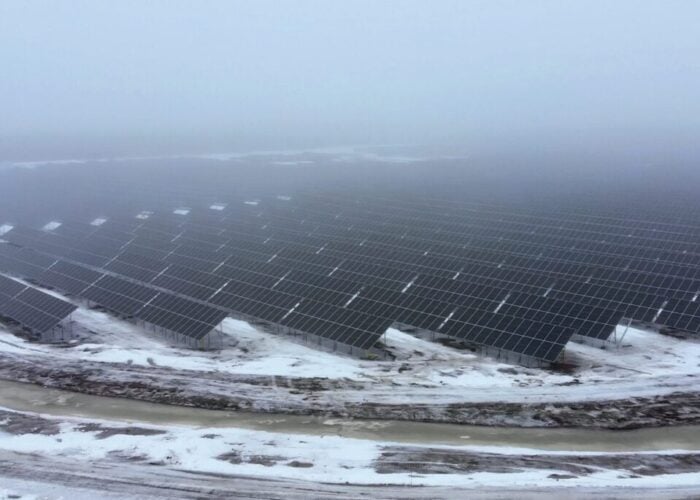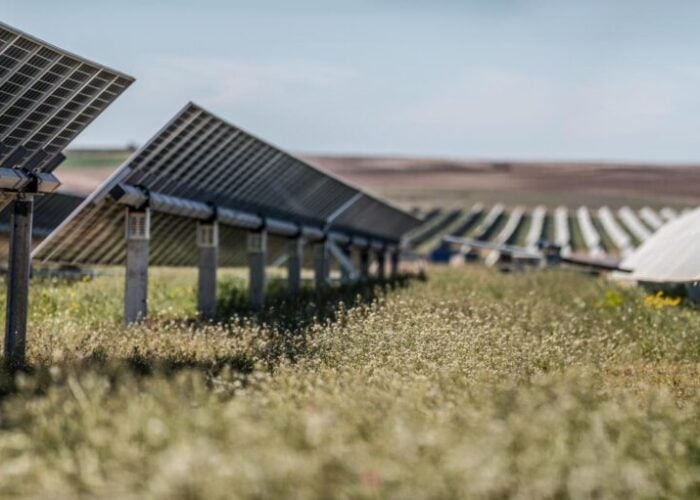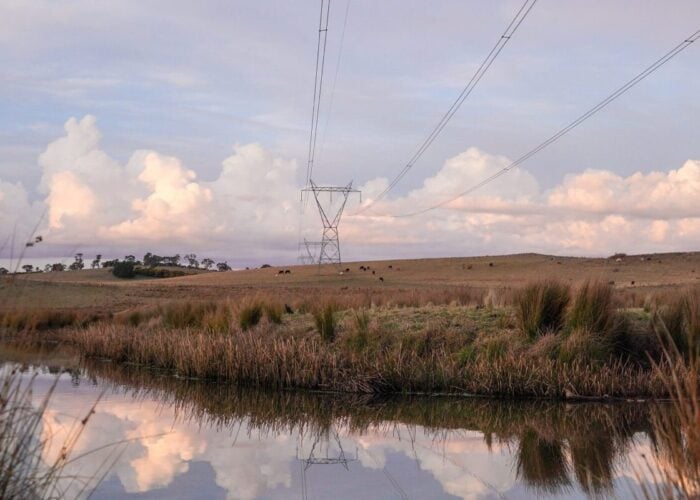
In recent weeks the writing hasn’t so much been on the wall, as have the walls been either burnt down or washed away. Extreme heat and wildfires across the west coast of the US and southern Europe, coupled with flooding in western Europe and Asia, has caused untold damage and loss of life. The extreme weather of late, linked almost inextricably to a changing climate, should serve as a clear and irrefutable wake-up call for global governments that the climate crisis is not just a real concern, but a present one too.
And if recent events were not clear enough, yesterday’s Working Group I report, published by the United Nation’s Intergovernmental Panel on Climate Change (IPCC) as a first instalment of its AR6 update, was marked in its change of tone. No longer was the language cautious or caveated, the notion of alarm couched in the message that crisis could be averted. No, yesterday’s report – the first major review of climate change in eight years – made it abundantly clear that not only has human activity warmed the world’s atmosphere, oceans and land already, but that some change may already be irreversible.
Try Premium for just $1
- Full premium access for the first month at only $1
- Converts to an annual rate after 30 days unless cancelled
- Cancel anytime during the trial period
Premium Benefits
- Expert industry analysis and interviews
- Digital access to PV Tech Power journal
- Exclusive event discounts
Or get the full Premium subscription right away
Or continue reading this article for free
Climate change is widespread, rapid and intensifying, the IPCC’s top line reads. The warming recorded by scientists is unprecedented in thousands, if not hundreds of thousands of years. Since 1850 – 1900 global temperatures have already warmed by 1.1 degrees Celsius and are expected to reach or exceed 1.5 degrees of warming – often cited as the threshold for runaway climate change – within 20 years.
At 2 degrees of change, heat extremes would often reach the critical thresholds for agriculture and health, while global water cycles and rainfall patterns would be permanently altered and coastal areas and oceans changed beyond recognition.
Valérie Masson-Delmotte, co chair of the IPCC Working Group I, described the report as a “reality check”. “We now have a much clearer picture of the past, present and future climate, which is essential for understanding where we are headed, what can be done, and how we can prepare,” she said.
It is the clearest assessment yet that net zero is not only imperative, but must be accelerated. Strong and sustained reductions in greenhouse gas emissions would limit further changes to the climate, stabilising temperatures within 20 – 30 years. Contributions towards such emissions reduction must come from across the entire economy, however it will be the power sector whose decarbonisation must be the swiftest, occurring this decade. UN secretary-general António Guterres said yesterday the report must be the “death knell” for fossil fuels, calling for a quadrupling of solar and wind capacity globally by 2030.
But while the report and indeed Guterres’ calls for a mass upscaling of renewable power is impactful and provides the cut-through necessary to engage the general public, it is really nothing the renewables sector and governments across the world have not already known.
Aside from weather-related catastrophes, recent weeks have also seen the publication of numerous reports citing the need for the pace of change in the power industry to accelerate far quicker than it has already. BloombergNEF’s Climate Policy Factbook and the International Energy Agency’s Sustainable Recovery Tracker, both published late last month, highlighted how G20 member states still invested in fossil fuels to such an extent that reaching targets established within the Paris Climate Agreement – which, it must be stressed, do not equate to net zero by 2050 – unachievable. Further analysis from the two reports can be read here.
The findings were compounded by last week’s release of BloombergNEF’s Renewable Energy Investment Tracker, which found that while US$174 billion of new investment in renewable energy projects and companies was recorded in H1 2021 – the highest total ever recorded in the first half of any year – it was 7% below the figure recorded in H2 2020. The IEA’s Sustainable Recovery Plan meanwhile highlights how US$1 trillion of investments are needed each year over the coming decades in order to fully decarbonise. BNEF’s assessment, included within the 2021 edition of its New Energy Outlook published late last month, is higher, arguing that between US$3.1 – 5.8 trillion of investment will be required each year for net zero status to be attained globally. That constitutes at least a doubling of current investments of US$1.7 trillion.
While the figures cited in reports will differ, the message is clear and is entirely congruous with the warning issued by the IPCC yesterday: investment in measures to avert the climate crisis must accelerate, and they must do so rapidly.
“Those in power have, so far, failed in the face of this immense challenge,”
Matt wrack, uk fire brigades union
So what, if anything, is holding the world back? The consensus of those who issued comments to PV Tech in response to the IPCC report yesterday was unequivocal. This is now a matter of policy and policymakers.
“We need policymakers to commit to a 45% renewables target by 2030 as part of the shift to a 100% renewable and integrated energy system. This would put our continent on track to deliver on the 1.5°C Paris Agreement commitment,” Walburga Hemetsberger, CEO at trade body SolarPower Europe, said yesterday. Even the Fire Brigades Union, the union of firefighters in the UK, felt compelled to speak up. “We see the effects of climate change every time we fight wildfires and save people from floods, and we will fight as hard as we can for politicians to wake up and take notice. As a humanitarian service we cannot stand by and watch this happen,” Matt Wrack, general secretary of the Fire Brigades Union, said, arguing for the need for “fundamental political, social and economic change” across the world.
“Those in power have, so far, failed in the face of this immense challenge,” Wrack said.
That those representing first responders to the climate crisis have felt the need to speak out and condemn the status quo to such an extent perhaps speaks of the malaise governments have felt now. For years, if not decades, climate issues have been welded into political manifestos but that rhetoric has rarely been met with action. And that’s not even considering the nationalistic policies enacted by certain elected leaders in recent years that have shown scant regard for the climate as a whole.
But perhaps now is different. The messaging from the IPCC and countless other bodies and analysts has been simmering for months, resulting in yesterday’s report which puts humanity on ‘Code Red’. It must now be followed with swift action, and November’s COP26 summit in Glasgow, Scotland, is perhaps the last chance for governments to act in kind.
Failure to do so – again – would not just be to disregard extreme weather events seen in recent weeks, but be in contempt of those most at risk of runaway climate change. Which is to say; everyone.






